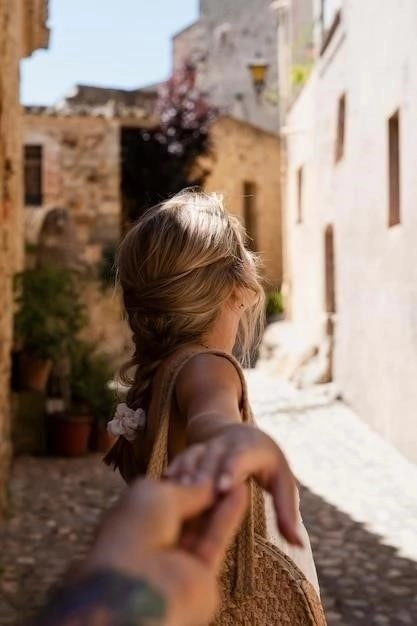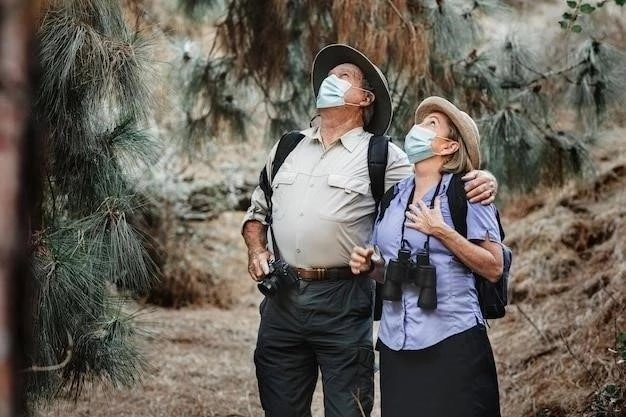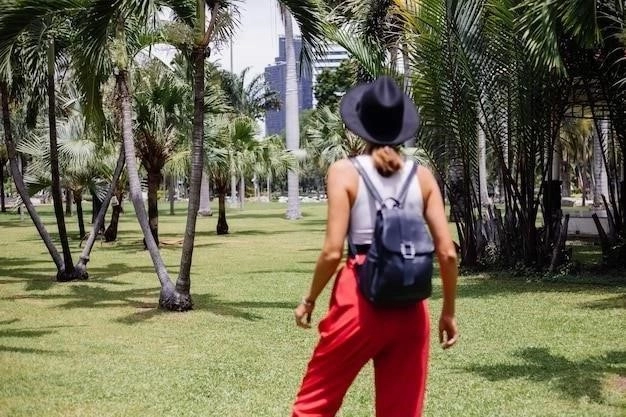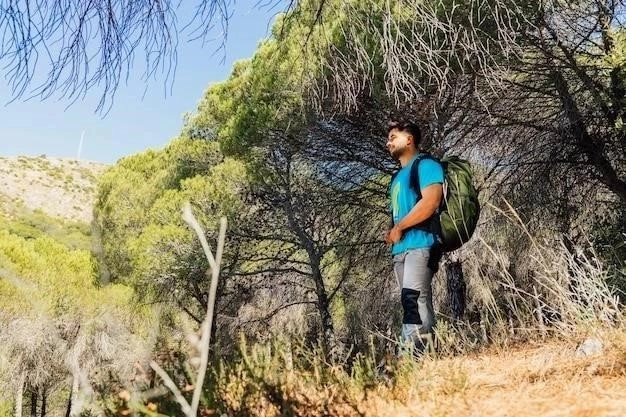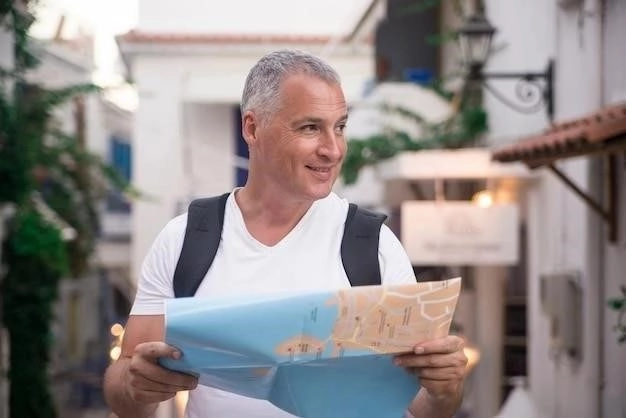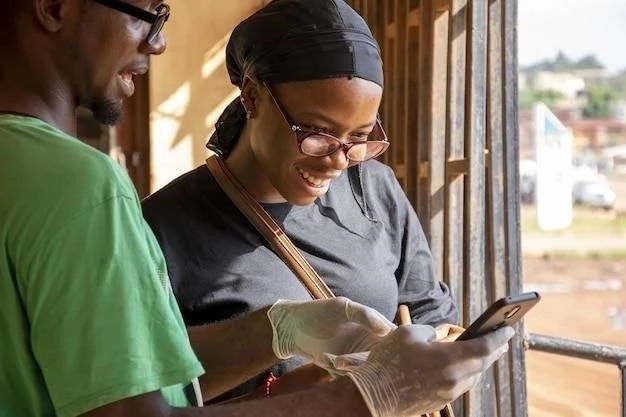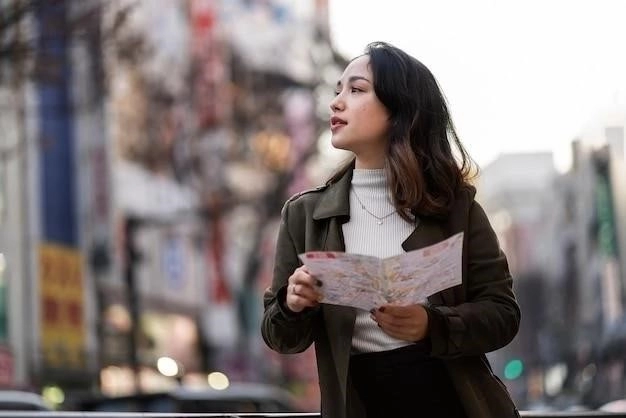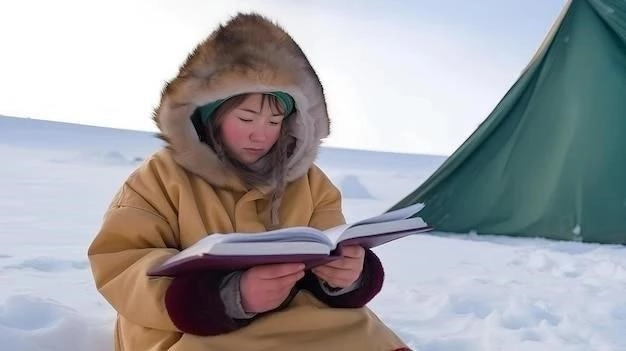
Mozambique, a southeastern African nation with a beautiful 2,500 km coastline, offers a captivating blend of natural beauty, cultural heritage, and adventure. From the vibrant capital city of Maputo to the pristine beaches of the Bazaruto Archipelago, Mozambique offers a unique and unforgettable travel experience.
Planning Your Trip
Embarking on a journey to Mozambique requires careful planning to ensure a seamless and rewarding travel experience. Here are key aspects to consider when planning your trip:
Best Time to Visit:
Mozambique enjoys a tropical climate with a distinct wet and dry season. The best time to visit for optimal weather conditions is during the dry season, which runs from May to October, offering sunshine and pleasant temperatures, ideal for exploring the coast and enjoying outdoor activities.
Visa and Entry Requirements:
Before traveling to Mozambique, it is essential to ensure you have the necessary travel documents. While some nationalities may be eligible for visa-free entry for a limited period, it’s crucial to check the specific visa requirements based on your nationality to avoid any complications upon arrival.
Health and Safety:
Consulting with a healthcare professional or travel clinic is recommended to receive up-to-date information on recommended vaccinations and necessary health precautions. Travel insurance is highly advised to cover any unforeseen medical expenses or emergencies. It’s important to be aware of the current health advisories and safety guidelines issued by your country’s government.
Budgeting for Your Trip:
Mozambique offers a range of accommodation options to suit various budgets, from luxury resorts to more affordable guesthouses and backpacker lodges. It’s advisable to research and book accommodations in advance, especially during peak season. Food and local transportation costs in Mozambique are generally affordable.
Visa and Entry Requirements
To ensure a smooth entry into Mozambique, it is essential to familiarize yourself with the visa regulations and requirements well in advance of your trip. The specific visa policy applies to your nationality, so careful research is recommended to avoid any complications upon arrival.
Tourist Visa:
For travelers visiting Mozambique for tourism purposes, a tourist visa is typically required. Tourist visas can often be obtained upon arrival at major ports of entry, including Maputo International Airport. However, it’s crucial to confirm the latest visa regulations with the Mozambican embassy or consulate in your home country, as policies can change.
Visa on Arrival Requirements:
If you are eligible for a visa on arrival, you will generally need to present a valid passport with at least six months of validity remaining beyond your intended stay. Additionally, you may be asked to provide proof of onward travel arrangements, such as a return flight ticket or itinerary, as well as evidence of sufficient funds to cover your expenses during your stay in Mozambique.
Visa Extensions:
If you wish to extend your stay beyond the initially granted visa period, it’s possible to apply for a visa extension at the Immigration Services of Mozambique. It’s essential to initiate the extension process well before your current visa expires to avoid any legal issues.
Best Time to Visit
Mozambique boasts a tropical climate influenced by the Indian Ocean, resulting in distinct wet and dry seasons. Choosing the right time to visit depends on your preferences and desired activities. Here’s a seasonal guide to help you plan your ideal trip:
Dry Season (May to October):
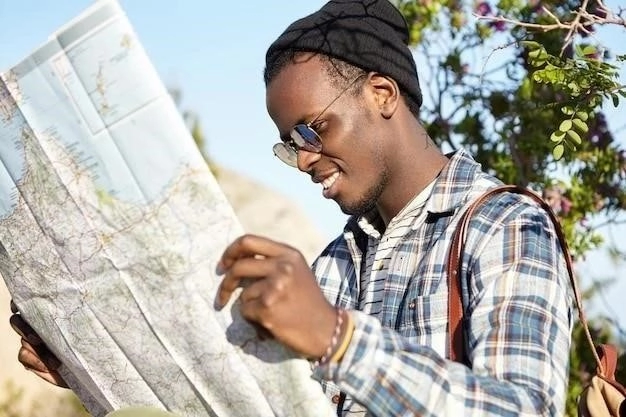
The dry season is widely regarded as the best time to visit Mozambique. From May to October, the weather is characterized by warm, sunny days with low humidity and minimal rainfall. This is an ideal time for exploring the coast, indulging in water sports like diving and snorkeling, and embarking on wildlife safaris in the national parks.
Shoulder Seasons (April and November):
The shoulder months of April and November offer a balance of pleasant weather and fewer crowds. Temperatures remain warm, but you might encounter occasional rainfall. These months can be a good option for budget travelers seeking lower accommodation rates and a more tranquil experience.
Wet Season (December to March):
From December to March, Mozambique experiences its wet season, characterized by heavy rainfall, particularly in the central and northern regions. While the rain brings lush vegetation and a different perspective to the landscape, it can make travel more challenging, especially in remote areas.
Getting There and Around
Navigating Mozambique’s diverse landscapes is an integral part of the travel experience, and the country offers a range of transportation options to suit different preferences and budgets.
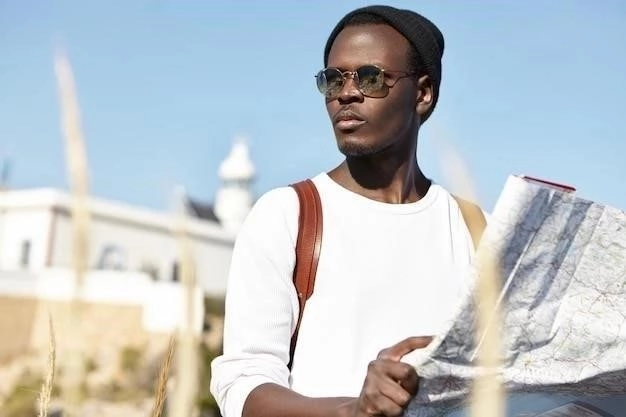
International Flights:
Mozambique’s primary international airport is Maputo International Airport (MPM), located in the capital city. Several major airlines operate flights to Maputo from international hubs, connecting travelers from around the globe. It’s advisable to book flights well in advance, especially during peak season, to secure the best fares.
Domestic Flights:
Domestic flights within Mozambique are a convenient way to cover larger distances and access remote destinations, particularly the coastal towns and islands. Several local airlines provide regular flights between major cities and tourist hubs. Booking domestic flights in advance is recommended, as availability can be limited, especially during peak travel periods.
Road Travel:
Mozambique’s road network has improved in recent years, and road travel can be a scenic way to explore the country at your own pace. Car rentals are available in major cities, but driving conditions can be challenging, especially in rural areas. It’s advisable to hire a 4×4 vehicle for increased reliability and to navigate unpaved roads.
Accommodation
Mozambique offers a diverse range of accommodation options to suit every taste and budget, from luxurious beachfront resorts to charming guesthouses and budget-friendly backpacker lodges. Whether you seek exclusive seclusion or an authentic cultural experience, you’ll find a welcoming place to stay in this captivating country.
Luxury Resorts:
Mozambique is renowned for its stunning coastline and world-class diving, and luxury resorts cater to discerning travelers seeking unparalleled comfort and breathtaking ocean views. These resorts often feature private villas, infinity pools, gourmet dining experiences, and a range of spa and wellness facilities.
Boutique Hotels:
For a more intimate and personalized experience, boutique hotels in Mozambique offer a stylish and unique stay. These smaller establishments often showcase local design aesthetics, personalized service, and a focus on creating a cozy and welcoming ambiance. They are ideal for travelers seeking a balance of comfort and authenticity.
Guesthouses and Lodges:
Guesthouses and lodges provide a comfortable and often more affordable alternative to larger hotels. These accommodations range from family-run guesthouses offering a warm and homely atmosphere to eco-friendly lodges nestled in nature reserves.
Top Tourist Attractions
Mozambique is a country of diverse landscapes, from pristine beaches and idyllic islands to wildlife-rich national parks and vibrant cities. Here are some of the top tourist attractions that showcase the country’s captivating beauty and rich cultural heritage:
Bazaruto Archipelago:
This stunning archipelago, a protected marine park, is renowned for its pristine beaches, crystal-clear waters, and exceptional marine life. Divers and snorkelers can explore vibrant coral reefs teeming with colorful fish, while those seeking relaxation can bask in the sun on idyllic sandy shores.
Tofo Beach:
Situated in Inhambane Province, Tofo Beach is a world-renowned diving destination famed for its close encounters with whale sharks, majestic creatures that grace these waters. The laid-back atmosphere and charming beachfront restaurants add to the allure of this coastal paradise.
Ilha de Mozambique:
This UNESCO World Heritage Site, located on an island off the northern coast, boasts a rich history as a former Portuguese trading post. Explore the well-preserved colonial architecture, visit the iconic Fort of São Sebastião, and delve into the island’s unique cultural tapestry.
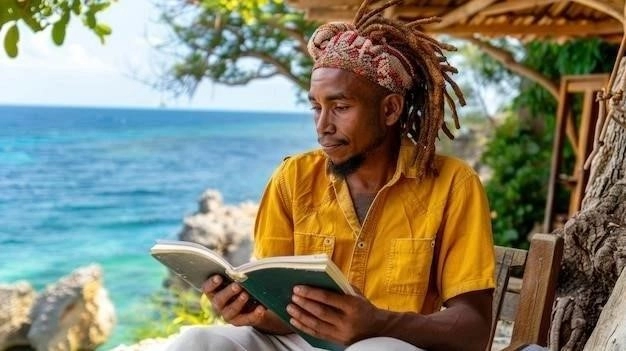
Culture and Cuisine
Mozambique’s rich cultural tapestry is woven from a blend of African, Portuguese, and Arab influences, reflected in its vibrant traditions, warm hospitality, and flavorful cuisine.
A Cultural Tapestry:
Mozambican culture is known for its warmth and hospitality. Music and dance play an integral role in daily life, with vibrant rhythms and energetic movements reflecting the country’s joyous spirit. Traditional crafts, such as intricate wood carvings, colorful textiles, and beautifully crafted pottery, make for meaningful souvenirs.
A Culinary Journey:
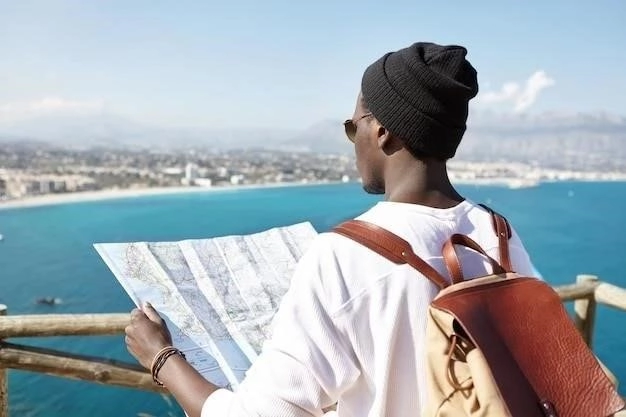
Mozambican cuisine is a delightful fusion of flavors, drawing inspiration from its coastal location and diverse cultural influences. Fresh seafood takes center stage, with prawns, crab, lobster, and a variety of fish prepared with flavorful spices and often accompanied by coconut-infused sauces.
The Art of Hospitality:
Mozambicans are known for their warm and welcoming nature. Whether you’re interacting with locals in bustling markets or enjoying the hospitality of a family-run guesthouse, you’ll encounter genuine smiles and a willingness to share their culture.
Health and Safety
Prioritizing your health and safety while traveling in Mozambique is essential for a rewarding and enjoyable experience. By taking necessary precautions and staying informed about potential risks, you can minimize health concerns and ensure a safe and memorable journey.
Vaccinations and Health Precautions:
Before traveling to Mozambique, it’s crucial to consult with a healthcare professional or travel clinic to receive personalized advice on recommended vaccinations and necessary health precautions. Routine vaccinations, such as hepatitis A and B, typhoid, and tetanus, are generally recommended.
Malaria Prevention:
Malaria is present in Mozambique, particularly in rural areas and during the rainy season. It’s essential to take malaria prophylaxis as prescribed by your doctor and to minimize mosquito bites by using insect repellent, sleeping under mosquito nets, and wearing long-sleeved clothing, especially at dawn and dusk.
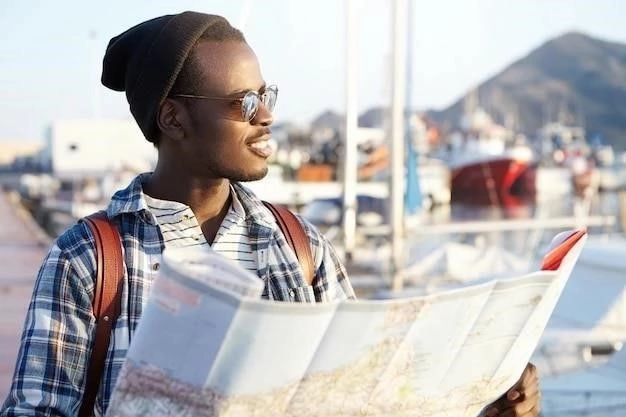
Food and Water Safety:
To prevent traveler’s diarrhea and other foodborne illnesses, it’s advisable to consume food from reputable sources and to avoid consuming uncooked fruits and vegetables unless you can peel them yourself. Sticking to bottled water for drinking and brushing your teeth is highly recommended.
Budget and Money
Understanding the currency, budgeting considerations, and money matters in Mozambique will help you plan your finances effectively and ensure a smooth and enjoyable travel experience.
Currency:
The official currency of Mozambique is the Mozambican Metical (MZN). It’s advisable to exchange currency upon arrival at authorized banks or exchange bureaus for the best rates. US dollars are widely accepted, particularly at larger hotels, restaurants, and tourist establishments.
Cash and Card Payments:
While major credit cards, such as Visa and Mastercard, are accepted in larger cities and tourist areas, it’s essential to carry sufficient cash, especially when traveling to smaller towns and remote regions. ATMs are available in urban centers, but it’s wise to withdraw enough cash to cover your expenses, as their availability can be unpredictable.
Budgeting Tips:
Mozambique offers a range of travel options to suit different budgets. Accommodation costs can vary significantly, with luxury resorts commanding higher prices than guesthouses or backpacker lodges. Food and local transportation are generally affordable, allowing for budget-friendly dining and exploration.

